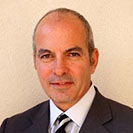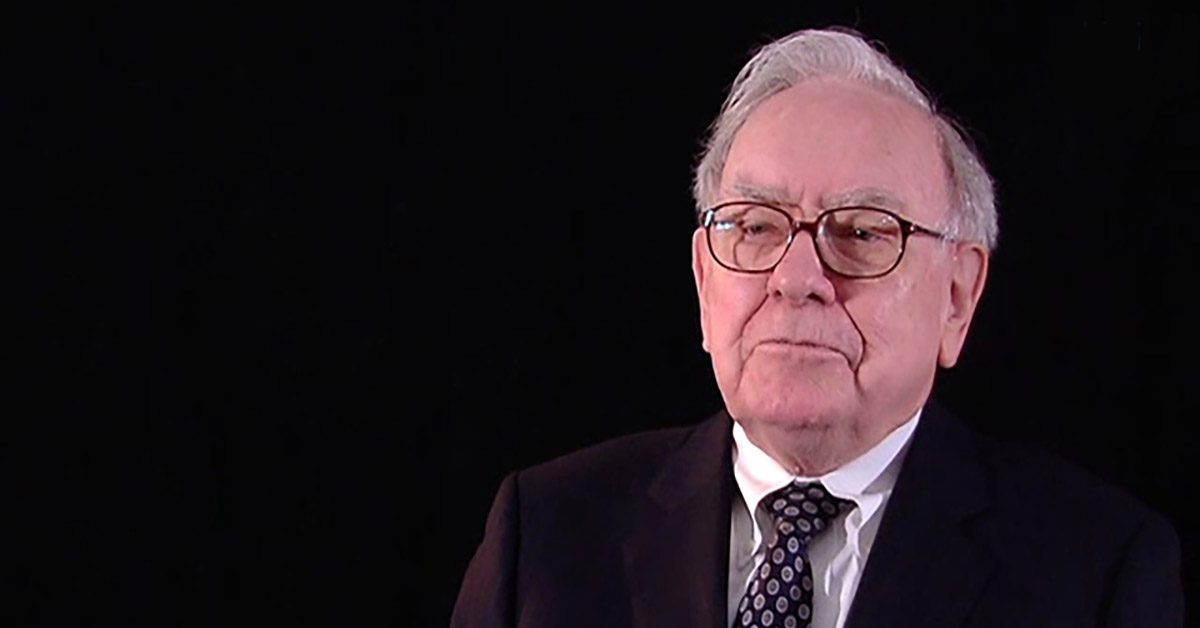Persuasion Skills Benefit the Salesperson–But What About the Client’s Best Interests?
Tens of millions of dollars have been spent by the largest and most successful investment firms to prototype the personality most well-suited to a financial advisor. With training and development costs in the many millions every year and a high failure rate despite their best efforts, you can imagine why starting with those most likely to succeed would be worth the investment.
Businesses, government agencies, colleges, universities, schools, charities, and sports teams use Meyers-Briggs personality assessment tools to better match people and roles. The Meyers-Briggs Institute is among the most well-known and recognized institutions dedicated to the dissemination of personality typing.
Based on the research from the MBI, the typical financial advisor personality profile is summed up with four letters: ESTJ. Meyers-Briggs refers to ESTJs as Executives. Extraverted means outgoing and socially confident, Sensing (sometimes called Observant) means quick to notice things. Thinking means preferring objectivity over emotions, and Judging prefers certainty over spontaneity.
According to Meyers-Briggs, Executives “possess great fortitude, emphatically following their own sensible judgment. They often serve as a stabilizing force among others, able to offer solid direction amid adversity.”
ESTJ people tend to have a take-charge attitude that makes it easy for ESTJs to assume leadership positions. Their self-confidence and strong convictions help ESTJs excel at putting plans into action. However, they can sometimes appear critical and overly aggressive—particularly when other people fail to live up to their high standards.
Such a person may be effective at sales. They combine certainty, conviction, and self-motivation, a virtual hat trick of personality elements that can produce a compellingly persuasive combination. But this is the key question: is persuasion best for your client?
Maybe not. Let’s contrast the prototypical financial advisor with you, the CPA (or Enrolled Agent).
One Little Letter Makes a World of Difference–And Opens a World of Opportunity for the Certified Pubic Accountant or Enrolled Agent
Once again, we look to the Meyers-Briggs Institute for the typical CPA personality profile. Interestingly, it is just one letter different from the financial advisor: ISTJ.
The CPA is Introverted as opposed to Extraverted. As you may assume, they tend to be more reserved, practical and quiet. Meyers-Briggs calls ISTJs the Logistician. These people tend to be reserved yet willful, with a rational outlook on life. They compose their actions carefully and carry them out with methodical purpose.
They enjoy order and organization in all areas of their lives, including home, work, family, and projects. ISTJs value loyalty in themselves and others and emphasize traditions. While they have a reputation for being blunt, they are also known for being nice, loyal, and responsible. Some of the key personality traits are the following: calm, concerned with rules, decisive, honest, independent, insensitive, level-headed,straightforward, and responsible.
Already we can see the big difference that one little letter can make. How many of the traits listed just above would you associate with salesman? On the other hand, how many with fiduciary?
Let’s Check the Receipts–Family Offices Put CPAs and EAs, Not Salespeople, in Director Roles
We start with an assertion that the Family Office (and Multi-Family Office) provides advice and services that are far beyond the capacity of any one professional advisor. It requires a well-coordinated, collaborative effort by a team of professionals from the tax, legal, insurance, investment, business, and estate disciplines.
The Sage of Omaha, Warren Buffett, has described what we believe should be the essential approach to Family Office asset management: “What’s needed is a sound intellectual framework for making decisions and the ability to keep emotions from corroding that framework.”
When we consider the people involved in that kind of decision-making culture, which comes to mind: top salesperson or seasoned CPA?
In its A Guide to Establishing a Family Office, the Private Bank of Citibank describes the ideal candidate for a client-facing Family Office Director:
Successful candidates must be able to demonstrate
- A long track record of good judgment.
- Confidentiality in almost all aspects of their work with the family.
- Lack of ego.
- Authentic confidence, capable of delivering candid advice and, when necessary, bad news.
- Teamwork. Good communicator and a great listener.
- Integrity. A lifetime of unblemished accomplishment, free from ethical or legal lapses, is a core requirement.
Can it be a surprise to learn that tax professionals play vital roles in family offices? A large multi-family office may employ a dozen or more CPAs. Of course they do; they have the required compliance and tax planning expertise, a grounding in financial statements, and can apply their arcane knowledge with discipline.
And there is more. The CPA has natural advantages borne of their personality: Surveys show them to be the most trusted financial professional. They are natural fiduciaries. They enjoy a reputation for accuracy and timeliness.
Given that an insurance pro is unlikely to veer away from insurance-based solutions to all problems, and a banker sticks with bank products, and a stock broker will prize their commissions, can we not conclude that the outcome for the client is not their only concern? And, if it isn’t, can we call them true fiduciaries?















